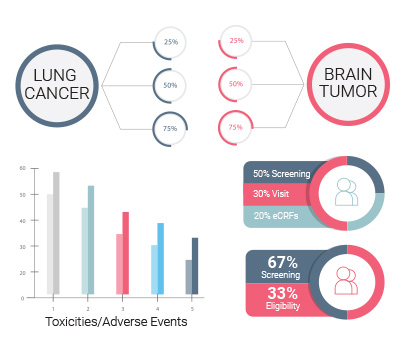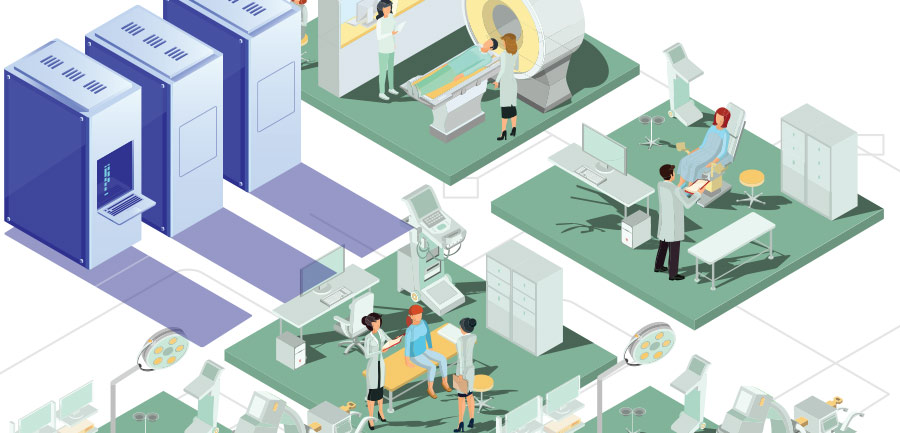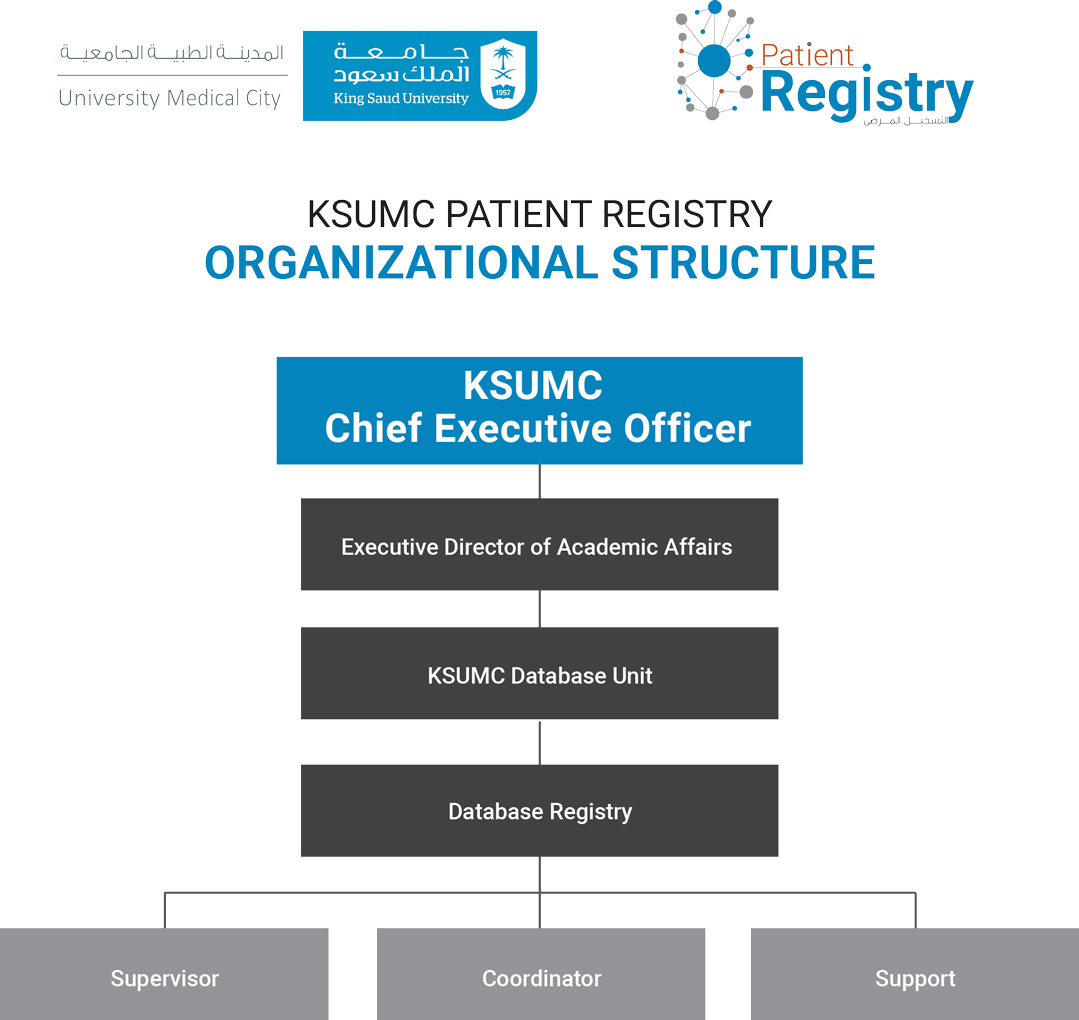Patient Registry
About Patient Registry
An advanced medical information management database system developed to improve the quality, productivity, and efficiency of clinical research and patient care. It is built to efficiently manage large reusable datasets, minimize investigator bias, and integrate with the workflow of clinical practice.
Significance and Benefits
Recent advances in molecular technologies, including quantitative immunohistochemistry, molecular pathology, genomics, and proteomics, have both enhanced our ability to characterize a patient’s cancer and resulted in a tremendous increase in information management requirements. The data registry supports the need for large, reusable clinical databases to provide contextual data for biomarker and translational research, predictive modeling, and clinical research.
Investigators requiring massive datasets with an adequate long-term follow-up to accumulate adequate endpoints to analyze treatment outcomes such as disease progression and survival while controlling for multiple predictor variables have successfully used our data registry to address these needs. Today, many investigators must collaborate with other institutions to meet their sample size requirements and validate their research results. The costs of managing and sharing these massive databases are considerable and increasing.
Further, the costs and risks associated with developing new clinical research information systems to meet these demands are significant.
Technology Platform
An Integrated Approach to Research and Patient Care
- Web-based medical information management system designed for growth and sustainability
- Built to integrate research and clinical practice activities
- Structured around patient stories (easy to understand and to query)
- Built for multiple specialties: prostate, bladder, kidney, testis, breast, pancreas, gastric, colorectal, head and neck, plastics…
- Promote data sharing and collaboration
Features and Advantages
- Improve data quality / reduce medical errors
- Reduce duplication of effort
- Promote collaboration
- Sharing of best practices
- Standardization of forms and workflows
- Minimize negative impact on workflow
- Reduce IT and operational costs
- Facilitate innovation and experimentation
- Facilitate innovation and experimentation
Functionality and Modules
- Clinical/Medical Information Documentation
- Protocol Management/Clinical Trials
- Eforms - Data Entry Workflows
- Specimen Banking
- Reports
- Patient Education
Patient Registry Portal
Access KSUMC Patient Registry Log-in
If you need assistance or access, please contact the KSUMC system administrator.

How to apply for Registry Dataset?
Overview
Data Sharing Agreement (DSA) defines the rights, obligations, and restrictions for both the provider and recipient with respect to the clinical data and any derivatives, and any confidential information exchanged with the material. These agreements may include language related to: rights to intellectual property (actual and potential), liability, confidentiality of provider information, publication of recipient research results, permitted use of the material, and other associated legal issues that the provider and recipient may wish to specify in the transaction.
Application Procedure
- The researcher must submit a request for DATA REQUEST FORM to KSUMC Database Team. Applicants must provide the following upon request:
- Copy of Study protocol or summary / Approved IRB Protocol
- Copy IRB approved ICF
- Copy of verification of IRB approval (e.g. approval letter)
- Once the request is submitted, it will be reviewed by the KSUMC Team. The Second Party will receive approval status notification within 2 to 4 weeks following submission.
- Submit a summary of the analysis plan prior to conducting the Analysis.
- Provide other researchers with additional details of the analysis on request.
- Meet any additional requirements identified by the Independent Review Panel.
- Provide the KSUMC team with a copy of any public disclosure of the results, including a copy of the manuscript. (Some sponsors include a provision for prior review of the manuscript and other sponsors require the manuscript after submission; refer to the terms specified in your actual Data Sharing Agreement.) Also provide the relevant sponsor(s) with the citation after publication.


